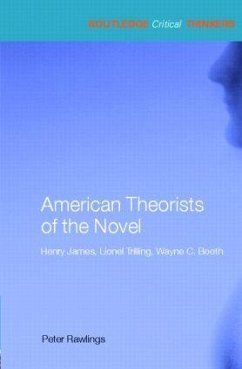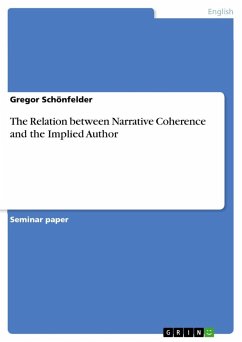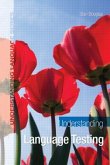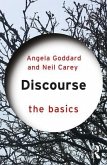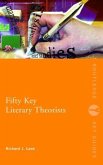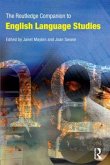The American theorists: Henry James, Lionel Trilling and Wayne C. Booth have revolutionized our understanding of narrative and have each championed the novel as an art form. Concepts from their work have become part of the fabric of novel criticism today, influencing theorists, authors and readers alike.
Emphasizing the crucial relationship between the works of these three critics, Peter Rawlings explores their understanding of the novel form, and investigates their ideas on:
realism and representationauthors and narrationpoint of view and centres of consciousnessreaders, reading and interpretationmoral intelligence.
Rawlings demonstrates the importance of James, Trilling and Booth for contemporary literary theory and clearly introduces critical concepts that underlie any study of narrative. American Theorists of the Novel is invaluable reading for anyone with an interest in American critical theory, or the genre of the novel.
Hinweis: Dieser Artikel kann nur an eine deutsche Lieferadresse ausgeliefert werden.
Emphasizing the crucial relationship between the works of these three critics, Peter Rawlings explores their understanding of the novel form, and investigates their ideas on:
realism and representationauthors and narrationpoint of view and centres of consciousnessreaders, reading and interpretationmoral intelligence.
Rawlings demonstrates the importance of James, Trilling and Booth for contemporary literary theory and clearly introduces critical concepts that underlie any study of narrative. American Theorists of the Novel is invaluable reading for anyone with an interest in American critical theory, or the genre of the novel.
Hinweis: Dieser Artikel kann nur an eine deutsche Lieferadresse ausgeliefert werden.
'Demonstrably, American Theorists of the Novel meets well the primary objective of Routledge's "Critical Thinkers" series as enunciated by its editor, Robert Eaglestone; it stands as a book to which one "can turn to first when a new name or concept appears in [one's] studies".' - Jerry A. Varsava, Studies in the Novel

